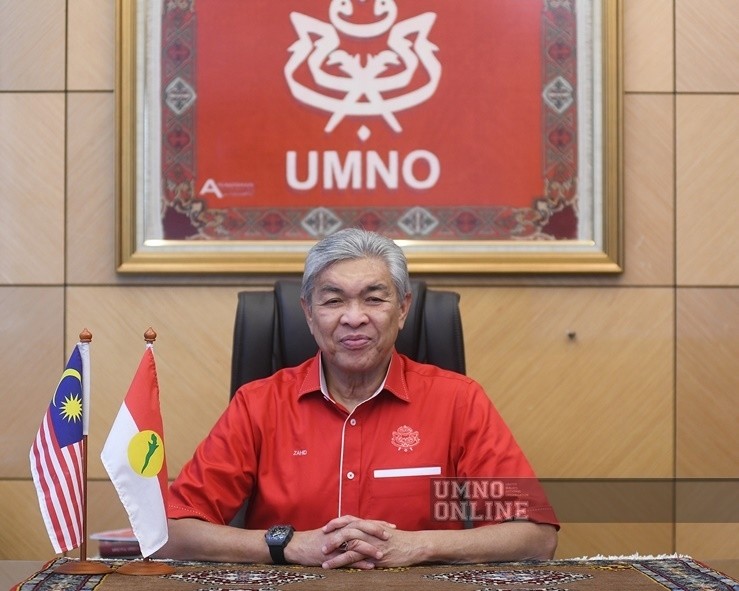The moratorium period should be extended to support the Covid-19 post-pandemic economic recovery plan. My suggestions are:
A) Banks extend the moratorium period to borrowers.
B) National Bank should lower the OPR to around 0%
1. The ongoing moratorium is an important component that contributes to the effectiveness of the Malaysian Government’s economic stimulus package.
2. The moratorium has provided enormous benefits not only to borrowers but is also one of the important policies that have succeeded in saving the country’s economy because it has maintained the level of domestic spending (household and business) from further decline. For that, I thank the Government of Malaysia and the banks that made this policy a success.
3. Moratorium is a form of economic stimulus package without government increasing fiscal spending. This is because the moratorium allows borrowers comprising the public and businesses, especially SMEs to increase their spending.
4. The approved moratorium amounts to about RM40 billion.
5. This means that if the government does not provide a moratorium, domestic spending will be reduced by RM40 billion as the money used to repay bank loans is a fray of money coming out of the economic cycle.
6. If borrowers are required to pay back their current loans, it will not only burden them but many business and industrial sectors will be forced to close due to lockdown and many workers being laid off. It will result in aggregate spending in the domestic economy contracts by RM40 billion. Therefore, if the moratorium were not implemented, it would only harm other sectors.
7. For the year 2020, Bank Negara forecasts the country’s economy will record negative growth of around 0.5%.
8. The occurrence of the current economic slowdown is due to the aggregate of expenditure declining. Among others are due to household spending, and the workers income is affected. In addition, investment spending also declined as the business and corporate sectors decided not to invest as they expected the economic slowdown to occur.
9. This means that not only do employees reduce household expenses, but the business and corporate sectors also reduce their investment expenses.
10. Increasing household spending is one of the most important components of economic recovery. Therefore, stable household spending and not a sharp decline after the moratorium period expires will create business confidence, which will prevent more business from falling behind and save many workers from being fired.
11. Therefore, in my view, the moratorium period which expires in September should be extended to the end of this year or the first quarter of 2021. With the moratorium extended, the sharp contraction of domestic spending in the economy is inevitable.
12. I am very confident that the banking sector is very capable of continuing working with the government to make this policy a success, that is an extended moratorium. I believe the extension of the moratorium will not harm the bank as it will only reduce the bank’s profitability. Reports from Bank Negara suggests that banks in our country are in a strong position to survive should profits decline. “Banks are well-positioned to absorb the potential impact on profitability, given the prudent provisioning buffers built up over the years.” -BNM https://www.bnm.gov.my/ar2019/files/fsr2019h2_en_ch2a.pdf
13. I also hope Bank Negara can reduce the OPR to around 0% in line with the monetary policy implemented in many other countries today. In my opinion, lowering the interest rate to around 0% will not bring inflation risk to our country although the economic slowdown has caused many countries to face the risk of deflation.
Reducing interest rates will reduce the cost of lending to businesses, thus lowering investment costs and to a lesser extent helping the economy recover.
AHMAD ZAHID HAMIDI
UMNO President







